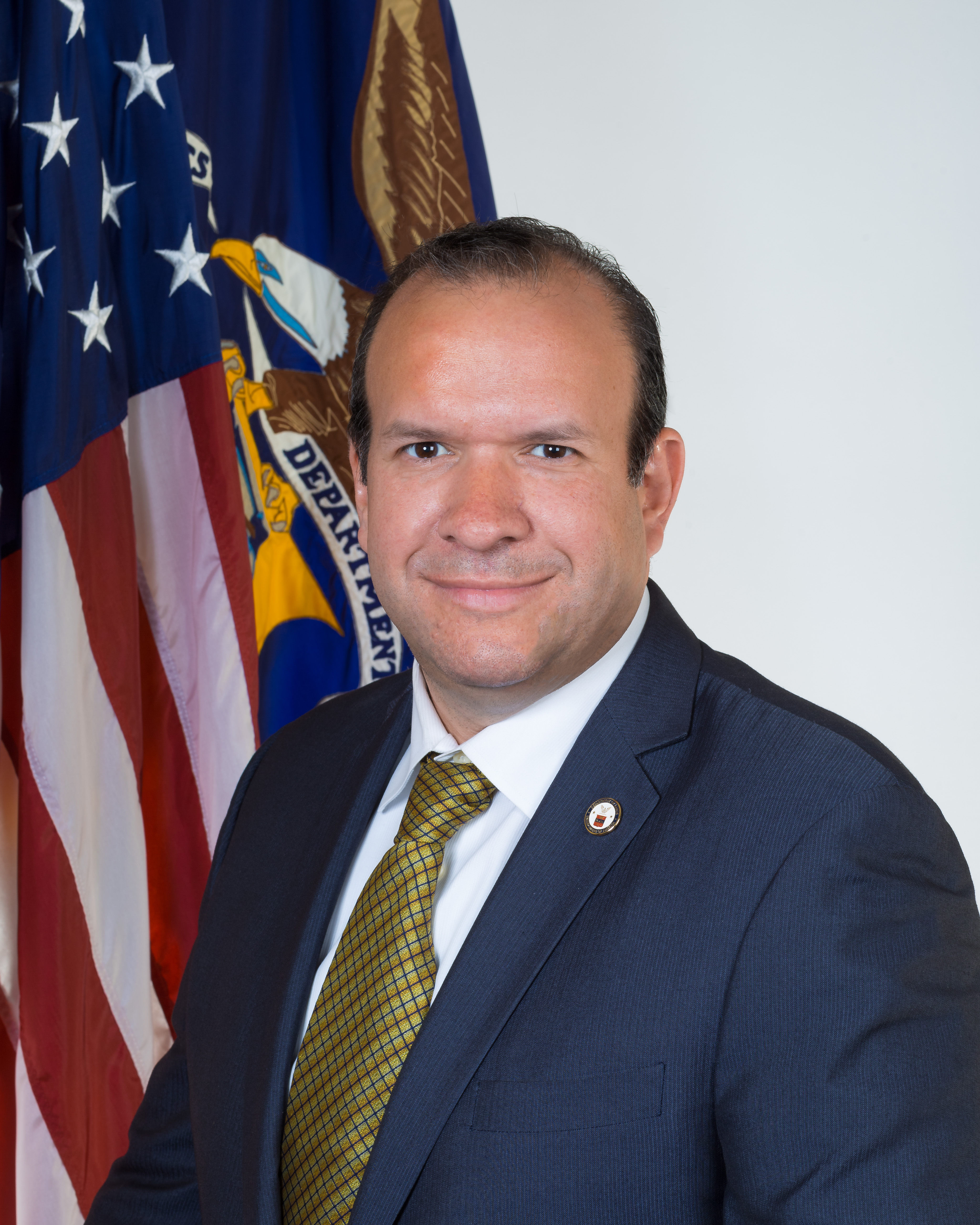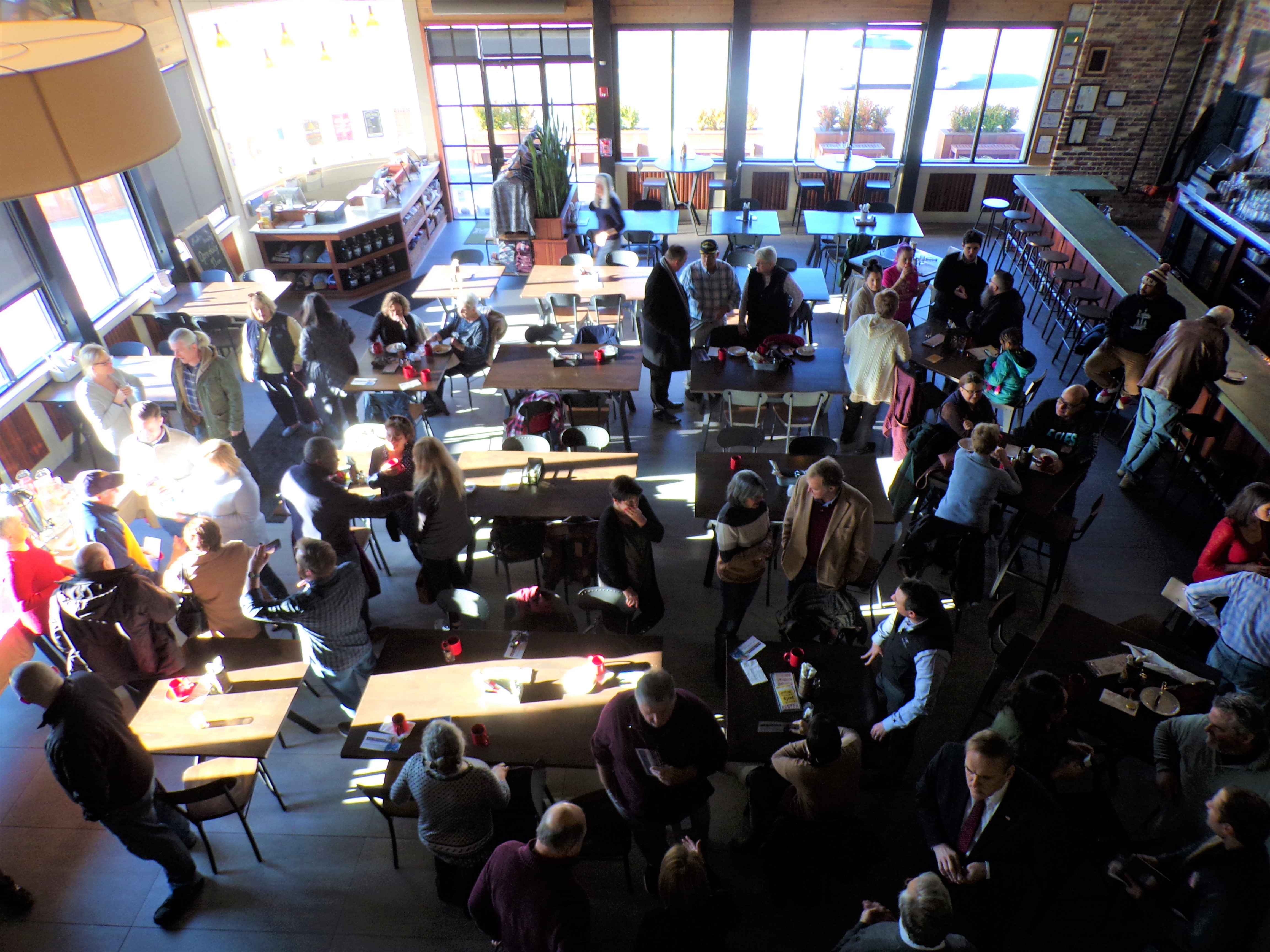Kearny is a town in Hudson County, New Jersey, United States and a suburb of Newark. As of the 2010 United States Census, the town’s population was 40,684, reflecting an increase of 171 (+0.4%) from the 40,513 counted in the 2000 Census, which had in turn increased by 5,639 (+16.2%) from the 34,874 counted in the 1990 Census.
Kearny is named after Civil War general Philip Kearny. It began as a township formed by an act of the New Jersey Legislature on April 8, 1867, from portions of Harrison Township. Portions of the township were taken on July 3, 1895, to form East Newark. Kearny was incorporated as a town on January 19, 1899, based on the results of a referendum held two days earlier. The Arlington section of town was named for Arlington Station on the Erie Railroad at the Arlington Mill plant, owned by Arlington Mills of Lawrence, Massachusetts.
The early influx and development of industry in Kearny dates back to 1875 when the Clark Thread Company of Paisley in Scotland extended its activities to the United States by erecting two large mills in Kearny, and adding two others in 1890. These mills brought to Kearny thousands of Scots immigrants. Many of them would play on Kearny’s soccer teams in National Association Football League. Many are buried at Arlington Memorial Park in the Kearny Uplands.
In 1876, the Mile End Thread Mills started operating, giving employment to several hundred operators.
In 1883, the Marshall Flax Spinning Company of England erected a large plant in Kearny, known as the Linen Thread Company. Their need for experienced flax spinners brought an influx of workers from other sections of the British Isles. Families of those early textile workers were the nucleus of Kearny’s present population.
The Puraline Manufacturing Company, later called the Arlington Company, which became a subsidiary of E. I. DuPont de Nemours Company, had purchased a large tract of land east of the Arlington Station on the Erie Railroad extending well out, north of the railroad embankment, into the meadowland.
In 1887, Sir Michael Nairn established the Nairn Linoleum Company of Kirkcaldy in Scotland, now the Congoleum Nairn Company of Kearny, giving further impetus to local industrial growth. This also lead to the growth in the Scottish American population which In the 1960s was about 21,000.
In 1902, the Lovell–Dressel Company, manufacturers of marine and railway lamps and fixtures, located in Kearny adjacent to the Erie Railroad.
Other industries which located in Kearny include: Swift & Company, Koppers Company, Theobald Industries, Standard Tool & Manufacturing, Wilkata Box Company, Harris Steel Company and L & R Manufacturing. Between 1926 and 1986, the Kearny Works of Western Electric employed as many as 24,000 in producing a variety of hardware and supplies for the Bell System and was the home of the “Kearny Standard” for tools and equipment, and was sold by AT&T in 1984 by which time the plant had 4000 employees who earned a total of $128 million a year, making it one of the county’s largest employers.
Cargo ships were built at Kearny Yards during World War I, and warships during World War II.
As of the 2010 United States Census, there were 40,684 people, 13,462 households, and 9,921 families residing in the town. The population density was 4,636.5 per square mile (1,790.2/km2). There were 14,180 housing units at an average density of 1,616.0 per square mile (623.9/km2). The racial makeup of the town was 73.57% (29,933) White, 5.37% (2,186) Black or African American, 0.40% (163) Native American, 4.41% (1,793) Asian, 0.08% (32) Pacific Islander, 12.53% (5,099) from other races, and 3.63% (1,478) from two or more races. Hispanic or Latino of any race were 39.95% (16,253) of the population.
Source: Wikipedia














